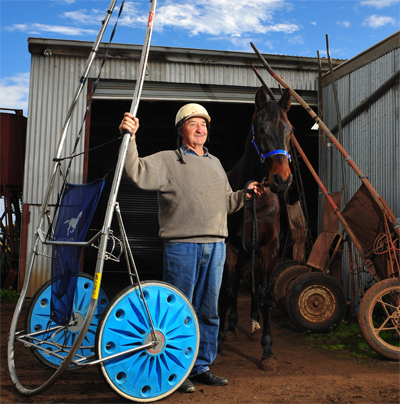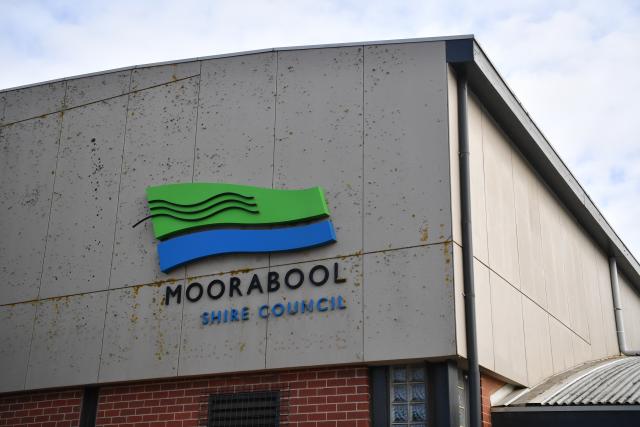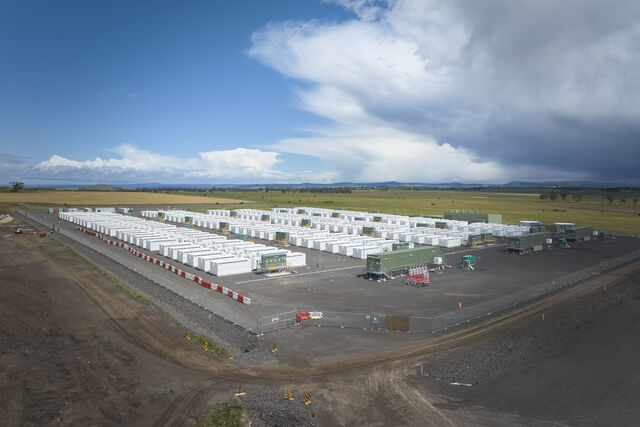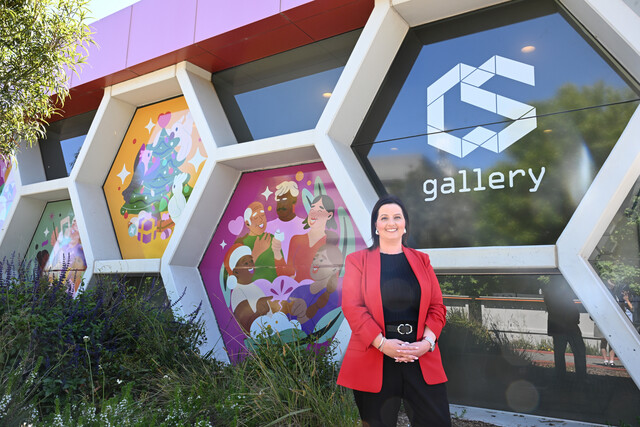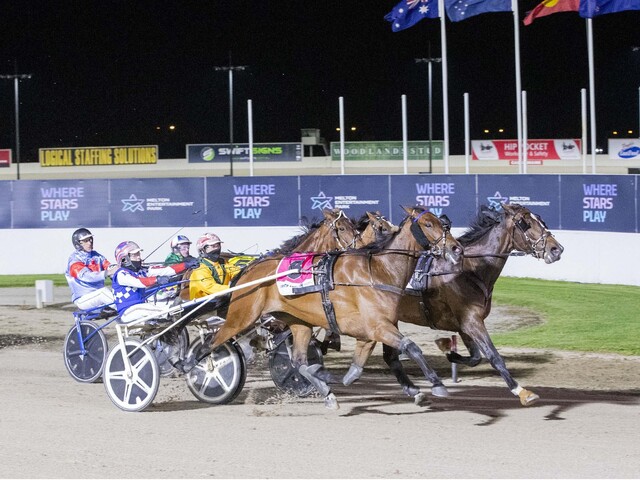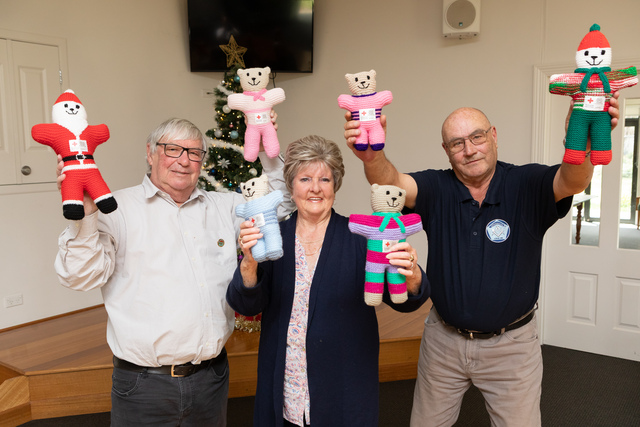Robert Fedele goes behind the scenes in harness racing and discovers it’s a sport in which several close-knit families are making their mark.
‘‘I help out with the horses. Otherwise I would never see him,’’ says Alison Alford, better half of champion harness driver Chris. It’s a crisp winter’s morning at the couple’s Bolinda property, a hamlet on the fringes of the Macedon Ranges.
Their two young children, Katie and Sam, are pottering about the stables while Chris takes a horse through its paces on a 740-metre circular track, man and horse looming into view and then whizzing away again with each lap.
I ask Alison if Sam, too, wants to follow in his father’s footsteps and make the grade as a driver.
‘‘Probably,’’ she says with a sigh. ‘‘Hopefully not, but I don’t like my chances. He’s horse mad.’’
Odds are Sam will keep the family’s association with the sport, which was first carved out by his late grandfather Barry. Perhaps even Katie will, too.
As you delve into harness racing, colloquially referred to as the trots, you discover it’s a battlers’ sport passed down from generation to generation.
Alford’s father Barry used to be a jockey, then worked in Romsey for one of the legends of the game, Graeme Lang,
Barry soon branched out on his own, training horses at a property he rented near Monegeetta.
Chris remembers as a little tacker tagging along with his father when he took horses to race at the Showgrounds during the sport’s halcyon days.
When they bought the property at Bolinda he began helping out on weekends and school holidays.
‘‘I doubt I would have been doing it if dad didn’t do it,’’ Chris reflects. But it wasn’t long before the bug had bit him.
His first drive? ‘‘I just drove one of dad’s at home when we were at Monegeetta. It was the quietest horse we had. As it was jogging around the track it decided to wander off and I fell straight off and it just stood there and ate grass, so I jumped back on and didn’t tell anyone.’’
Jokes aside, Alford hasn’t done too badly out of the sport. Right now he’s at the top of the tree, leading the Australian drivers premiership.
His stables are plastered with reminders of big race wins of yesteryear, including Mont Denver Gold’s Hunter Cup triumph in 2003.
The 44-year-old has about 20 horses in work at any given time and does the bulk of his driving for other trainers.
He counts himself lucky to have made a living out of the sport he loves.
‘‘To be realistic, it’s not something you can make a lot of money out of,’’ he laments. ‘‘We’re comfortable enough, but I’ve driven 230 something winners this year, so I know people who are getting 10, 20 something winners a year must be battling a bit. You can make a nice living with it without getting rich.’’
Across in Melton, one of the most illustrious careers in harness racing is coming to a close. Graeme Lang is 79, still holding his own, but nearer to the end than the beginning.
He chuckles when asked about often being described as the doyen of harness racing.
‘‘It doesn’t worry me what other people think,’’ he says drily. ‘‘I’ve done very well out of the game for someone who had no involvement. It’s taken me around the world. I’ve had the best horses. It’s been very good to me.’’
The Lang name and harness racing became intertwined when Graeme’s father bought a gig horse which turned out to be a fairly decent pacer, winning a number of races at the Showgrounds in the ‘40s. Graeme was only a schoolboy at the time.
‘‘He drove it himself and it won its first two starts. He thought he didn’t know much about it so he gave it to another trainer.’’
Graeme goes on to explain how the mare had a foal and died the day it was born.
He helped raise the foal, in between milking cows, and it turned out be a pretty good horse.
And that’s how the Lang family dynasty began.
Graeme went on to become one of the most decorated drivers/trainers in the land, winning every feature one can imagine.
He was the first person in Victoria to train 100 winners and he put the polish on countless stars of the track, names like Scotch Notch and Billboard rolling off his tongue.
Graeme had two sons, Chris and Gavin, the latter regarded as the best driver of his generation.
His grandson, Chris Junior, also joined the game and while still young has already enjoyed more success than most.
After training for more than 60 years, Graeme says he feels proud the Lang name has kicked on.
He was still driving up until a year ago when a bad crash put him out of business.
‘‘It’s very rewarding,’’ he says. ‘’I never encouraged them to do the job because there’s better jobs.
‘‘But there’s no better job than doing what you want to do,’’ he adds sharply. ‘‘It might be hard and all that and not a lot of rewards sometimes and not a lot of money. [But] we’ve done very well from it because we’ve been lucky enough to get a good horse come along.
‘‘I’ve trained and driven the best horses. But you’ve got to be very fortunate for one of them to walk in the gate.’’
In Sunbury, training combination Freddy and Ahmed Taiba found a good one early on, snaring star pacer Sushi Sushi at the sales.
The horse has won 23 of his 35 starts and at one stage built up a Black Caviar-like picket fence of victories next to his name.
‘‘He was just another horse that caught our eye,’’ says Freddy nonchalantly. ‘‘Our main aim is to keep buying young horses and look for our next Sushi. That’s what you do it for. Hopefully one day we’ll get another one equally as good.’’
Freddie is 29, 10 years younger than Ahmed. ‘‘We’re best mates really. We do everything together. Of course, we have our differences. Everybody argues. But other than that we get on like a house on fire.’’
Freddy and Ahmed’s parents escaped the civil war in Lebanon back in 1975 and fled to Australia. The family set up home in Broadmeadows and the boys grew up riding horses led by their older brother Hass.
Freddy remembers that they kept a horse in the backyard until the council made them move it. They then ventured to a property of a trotting trainer in Donnybrook Road.
‘‘I’d look at my brother’s horses and they’d be all shaggy and rough-looking and then I’d look at this fella’s horses and they looked unbelievable,’’ Ahmed remembers.
He was enrolled in an accounting course at university in St Albans at the time, but he says ‘‘one thing led to another’’ and he soon chucked it in to focus on harness racing.
Ahmed helped out the ‘‘old bloke’’ for four years before taking the plunge and renting stables next to Melbourne Airport.
The family then pooled their resources and bought their current property in Sunbury in 1994 to make a serious fist of it.
It’s a slick operation that incudes a 1000-metre track and state-of-the art facilities.
Freddy was always destined to follow Ahmed into the game.
‘‘He got the bug at a very early age. He used to wag school just to come to the races. I’d be taking four or five to the races during the day and find Freddy already at the racetrack,’’ Ahmed says.
Ahmed believes he’s taught Freddy everything he knows and the younger brother has no complaints.
‘‘He’s taught me an absolute heap. He’s learned over the years and a lot of people have taught him stuff and he’s passed it down to me,’’ Freddy says.
‘‘To do this sport you’ve got to love the animals. To get up on the cold mornings and all that when it’s freezing – you’ve got to have a real passion to do it.’’
Ahmed and Freddy both have partners but no offspring at this stage. Ahmed reels off the names of the sport’s family dynasties, the likes of the Langs, Tubs, Quinlans, Justices and Mannings springing to mind. One day he hopes it will include the Taibas.
‘‘We’re a bit slack in that department [children]. Hopefully within the next couple of years we can start on that.’’

